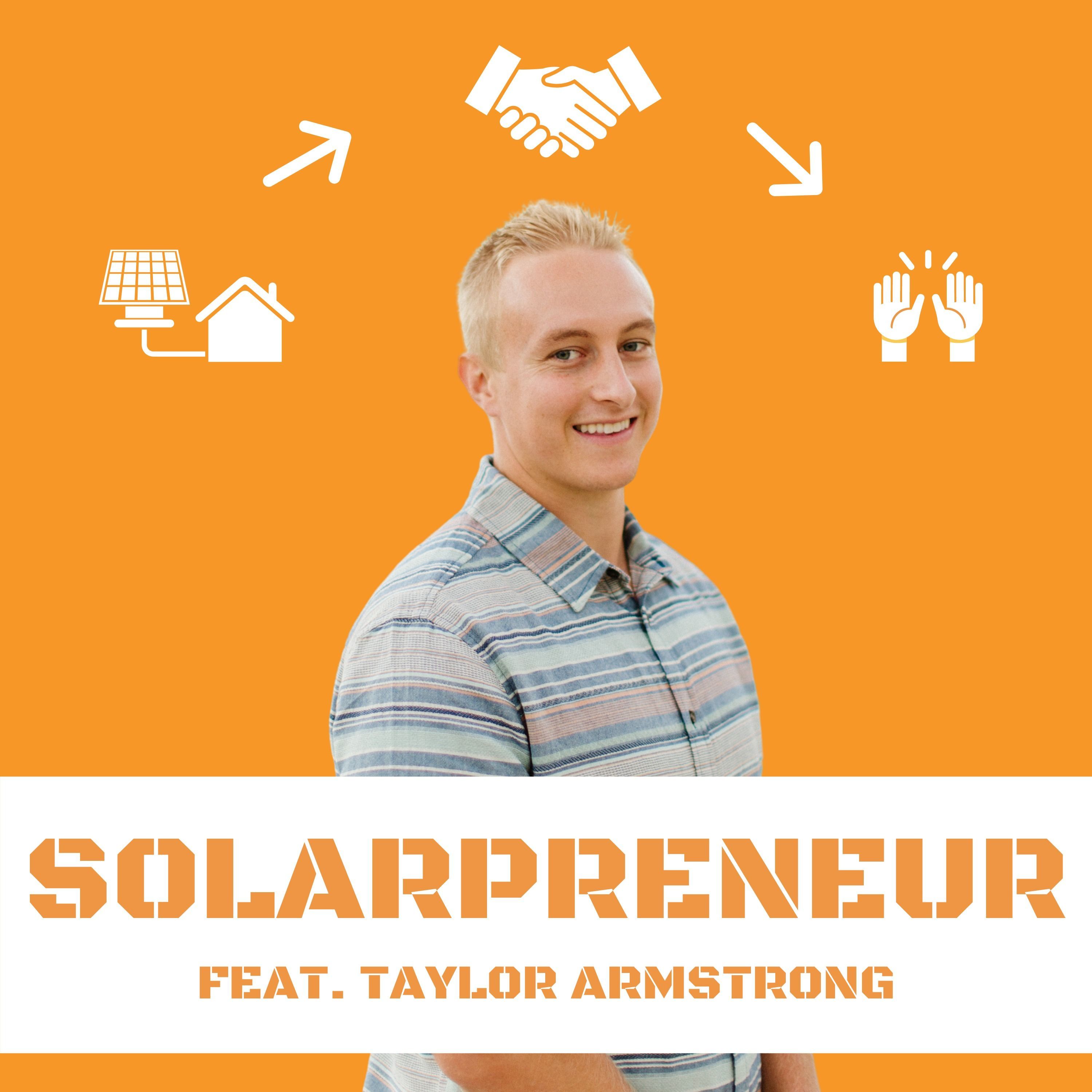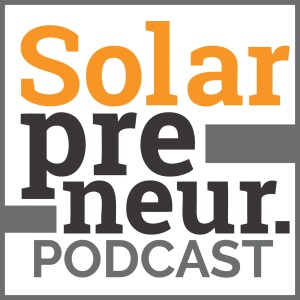
- Podcast Features
-
Monetization
-
Ads Marketplace
Join Ads Marketplace to earn through podcast sponsorships.
-
PodAds
Manage your ads with dynamic ad insertion capability.
-
Apple Podcasts Subscriptions Integration
Monetize with Apple Podcasts Subscriptions via Podbean.
-
Live Streaming
Earn rewards and recurring income from Fan Club membership.
-
Ads Marketplace
- Podbean App
-
Help and Support
-
Help Center
Get the answers and support you need.
-
Podbean Academy
Resources and guides to launch, grow, and monetize podcast.
-
Podbean Blog
Stay updated with the latest podcasting tips and trends.
-
What’s New
Check out our newest and recently released features!
-
Podcasting Smarter
Podcast interviews, best practices, and helpful tips.
-
Help Center
-
Popular Topics
-
How to Start a Podcast
The step-by-step guide to start your own podcast.
-
How to Start a Live Podcast
Create the best live podcast and engage your audience.
-
How to Monetize a Podcast
Tips on making the decision to monetize your podcast.
-
How to Promote Your Podcast
The best ways to get more eyes and ears on your podcast.
-
Podcast Advertising 101
Everything you need to know about podcast advertising.
-
Mobile Podcast Recording Guide
The ultimate guide to recording a podcast on your phone.
-
How to Use Group Recording
Steps to set up and use group recording in the Podbean app.
-
How to Start a Podcast
-
Podcasting
- Podcast Features
-
Monetization
-
Ads Marketplace
Join Ads Marketplace to earn through podcast sponsorships.
-
PodAds
Manage your ads with dynamic ad insertion capability.
-
Apple Podcasts Subscriptions Integration
Monetize with Apple Podcasts Subscriptions via Podbean.
-
Live Streaming
Earn rewards and recurring income from Fan Club membership.
-
Ads Marketplace
- Podbean App
- Advertisers
- Enterprise
- Pricing
-
Resources
-
Help and Support
-
Help Center
Get the answers and support you need.
-
Podbean Academy
Resources and guides to launch, grow, and monetize podcast.
-
Podbean Blog
Stay updated with the latest podcasting tips and trends.
-
What’s New
Check out our newest and recently released features!
-
Podcasting Smarter
Podcast interviews, best practices, and helpful tips.
-
Help Center
-
Popular Topics
-
How to Start a Podcast
The step-by-step guide to start your own podcast.
-
How to Start a Live Podcast
Create the best live podcast and engage your audience.
-
How to Monetize a Podcast
Tips on making the decision to monetize your podcast.
-
How to Promote Your Podcast
The best ways to get more eyes and ears on your podcast.
-
Podcast Advertising 101
Everything you need to know about podcast advertising.
-
Mobile Podcast Recording Guide
The ultimate guide to recording a podcast on your phone.
-
How to Use Group Recording
Steps to set up and use group recording in the Podbean app.
-
How to Start a Podcast
-
Help and Support
- Discover

Online or Offline Solar Leads? Solarpreneurs Debate
Tune in now and don't forget to sign up for www.solciety.co!
Speaker 1 (00:03):
Welcome to the Solarpreneur podcast, where we teach you to take your solar business to the next level. My name is Taylor Armstrong and went from $50 in my bank account and struggling for groceries to closing 150 deals in a year and cracking the code on why sales reps fail. I teach you to avoid the mistakes I made and bringing the top solar dogs, the industry to let you in on the secrets of generating more leads, falling up like a pro and closing more deals. What is a Solarpreneur you might ask a Solarpreneur is a new breed of solar pro that is willing to do whatever it takes to achieve mastery. And you are about to become one what is going on on
Speaker 2 (00:42):
Solarpreneurs. We are back with another show. We're doing something a little bit different, and we have a familiar face on the show. And for those of you watching, we're going to be start doing some video too. So we've got us both in our home studios, but we have today back on the studio, uh, James Swiderski what's up, James? Thanks for coming back on the show. Yeah, man, it feels like home feels like, yeah, you're good house. Thank you. Appreciate it. And so for our solarpreneurs, some of you are probably wondering what the heck is James doing back here? Um, we had him on probably a couple months back. Just kind of told your story, why you ultimately left the podcast and started doing some different things though. Um, for those that are wondering why James is back, I'll just tell you why. Um, so we have been working together.
Speaker 2 (01:30):
I actually hired James, um, around the time that we had him back on to tell his story of kind of what went down, why he left the podcast. I actually hired James after that. Cause now he is working, um, primarily with coaches, consultants, helping them build their brands and helping them launch courses, things like that. So I thought, well, James he's he's, he knows the solar stuff and he's good at helping coaches and everything. So why don't we figure out a way we can work together? So since then we've been working together, have some excited things, exciting things coming out. Um, he helped me kind of put together the Solciety, which we'll be talking about more it's in a beta testing right now. So for those that are on the wait list, go join the wait list. If you haven't already solciety.co.
Speaker 2 (02:15):
But after that, I invited him to actually be an instructor in on the course. And obviously you have a ton of insight to have done solar online Legion. So I'm had some valuable stuff to share. So that's why he's back on. We're going to be doing just a little bit content here and there. And I think there's still a lot of value he can add. So yeah. So happy to be here. Yeah. So James, today we're jamming on, um, just, you know, the lead gen, we're talking about a whole lot just over the past couple of days, just online versus offline. And so can you give us like your background? You did the online lead gen. You basically had an agency with for years. So I don't know. You want to give your background in that role. So yeah, I've done. Um, I've done it all for lead gen.
Speaker 2 (03:07):
So started out as a sales rep, a solar rep, like everybody and did not do online leads. Uh, a lot of people think I just came out of the gate in my solar career, started doing social media, all that good stuff, but, uh, it's completely the other way around for the first three years of my career, I never generated a single lead online. It was all in person, uh, strategies, which we'll talk about, um, whether it's door knocking. I did a little bit of that, bu
More Episodes
 2026-01-30
2026-01-30
 2026-01-23
2026-01-23
 2026-01-09
2026-01-09
 2026-01-06
2026-01-06
 2026-01-02
2026-01-02
 2025-12-19
2025-12-19
 2025-12-16
2025-12-16
 2025-12-09
2025-12-09
 2025-12-05
2025-12-05
 2025-11-26
2025-11-26
 2025-11-18
2025-11-18
Create your
podcast in
minutes
- Full-featured podcast site
- Unlimited storage and bandwidth
- Comprehensive podcast stats
- Distribute to Apple Podcasts, Spotify, and more
- Make money with your podcast
It is Free
- Privacy Policy
- Cookie Policy
- Terms of Use
- Consent Preferences
- Copyright © 2015-2026 Podbean.com




